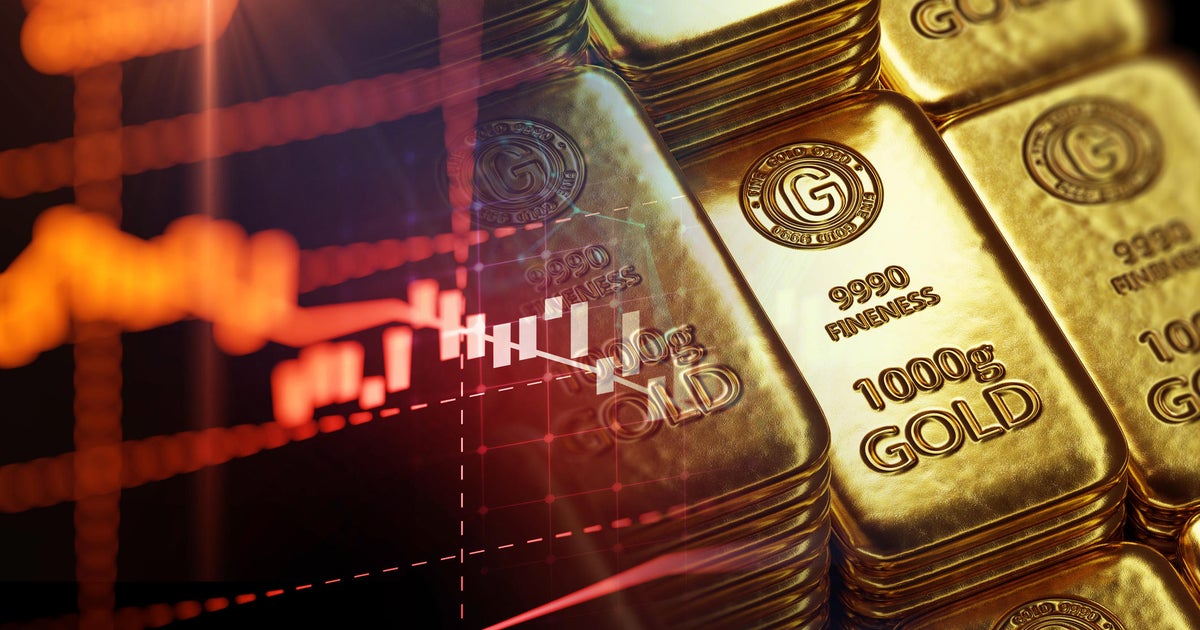Inflation up again in February, driven by gasoline and home prices
Consumer prices climbed again last month, as inflation remains a persistent thorn in the side of the Federal Reserve and for President Joe Biden's re-election campaign, both of which are counting on a steady easing of price pressures this year.
Prices rose 0.4% from January to February, a pickup from the previous month's figure of 0.3%. Compared with 12 months earlier, consumer prices rose 3.2% last month, faster than January's 3.1% annual pace, the government reported on Tuesday.
Excluding volatile food and energy prices, so called "core" prices also climbed 0.4% from January to February, matching the previous month's increase at a faster pace than is consistent with the Fed's 2% target. Core inflation is watched especially closely because it typically provides a better read of where inflation is likely headed.
"Unless inflation starts to drop and come in below forecast, most notably CPI and Core PCE, then we expect the Fed to take a patient and measured approach to any potential rate cuts. If there is any notable weakness in the jobs market, that would increase the chance of a Fed rate cut by June," stated Larry Tentarelli, chief technical strategist at Blue Chip Daily Trend Report, in a note.
Voter perceptions of inflation are sure to occupy a central place in this year's presidential election. Despite a healthy job market and a record-high stock market, polls show many voters faulting Biden for the surge in consumer prices that began in 2021. Though inflationary pressures have significantly eased, average prices remain well above where they stood three years ago.
Overall inflation has plummeted from a peak of 9.1% in June 2022, though it's now easing more slowly than it did last spring and summer. The prices of some goods, from appliances to furniture to used cars, are actually falling after clogged supply chains during the pandemic had sent prices soaring higher.
Food, cars, hospital care prices continue to rise
By contrast, prices for restaurant meals, car repairs, hospital care and other services are still rising faster than they did before the pandemic. Car insurance has shot up, reflecting rising costs for auto repair and replacement. And after having sharply raised pay for nurses and other in-demand staff, hospitals are passing their higher wage costs on to patients in the form of higher prices.
In his State of the Union address last week, Biden highlighted steps he has taken to reduce costs, like capping the price of insulin for Medicare patients. The president also criticized many large companies for engaging in "price gouging" and so-called "shrinkflation," in which a company shrinks the amount of product inside a package rather than raising the price.
"Too many corporations raise prices to pad their profits, charging more and more for less and less," Biden said.
Fed Chair Jerome Powell indicated in congressional testimony last week that the central bank is getting closer to cutting rates. After meeting in January, Fed officials said in a statement that they needed "greater confidence" that inflation was steadily falling to their 2% target level. Since then, several of the Fed's policymakers have said they believe prices will keep declining. One reason, they suggested, is that consumers are increasingly pushing back against higher prices by seeking out cheaper alternatives.
Rate cuts
Most economists still expect the Fed's first rate cut to occur in June, though May is also possible. When the Fed cuts its benchmark rate, over time it reduces borrowing costs for mortgages, car loans, credit cards and business loans.
One factor that could keep inflation elevated is the still-healthy economy. Though most economists had expected a recession to occur last year, hiring and growth were strong and remain healthy. The economy expanded 2.5% last year and could grow at about the same pace in the first three months of this year, according to the Federal Reserve's Atlanta branch.
Benchmark stock index futures added modestly to their gains in the way of the report, with S&P 500 futures up 0.3% in the wake of the data.



